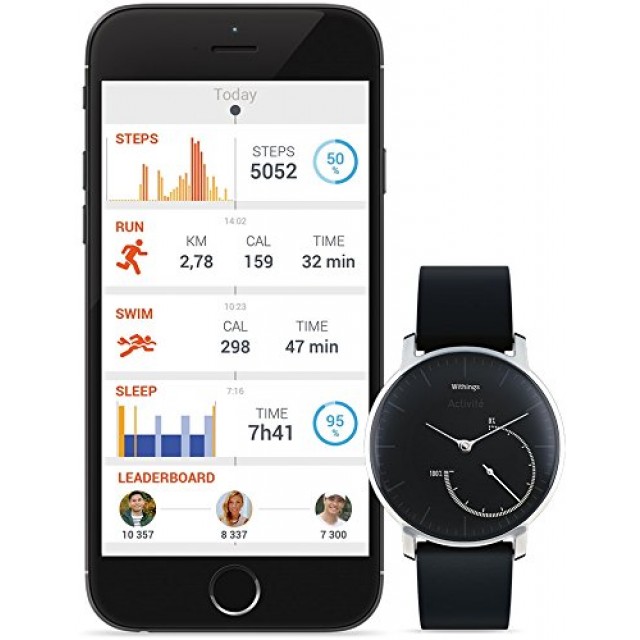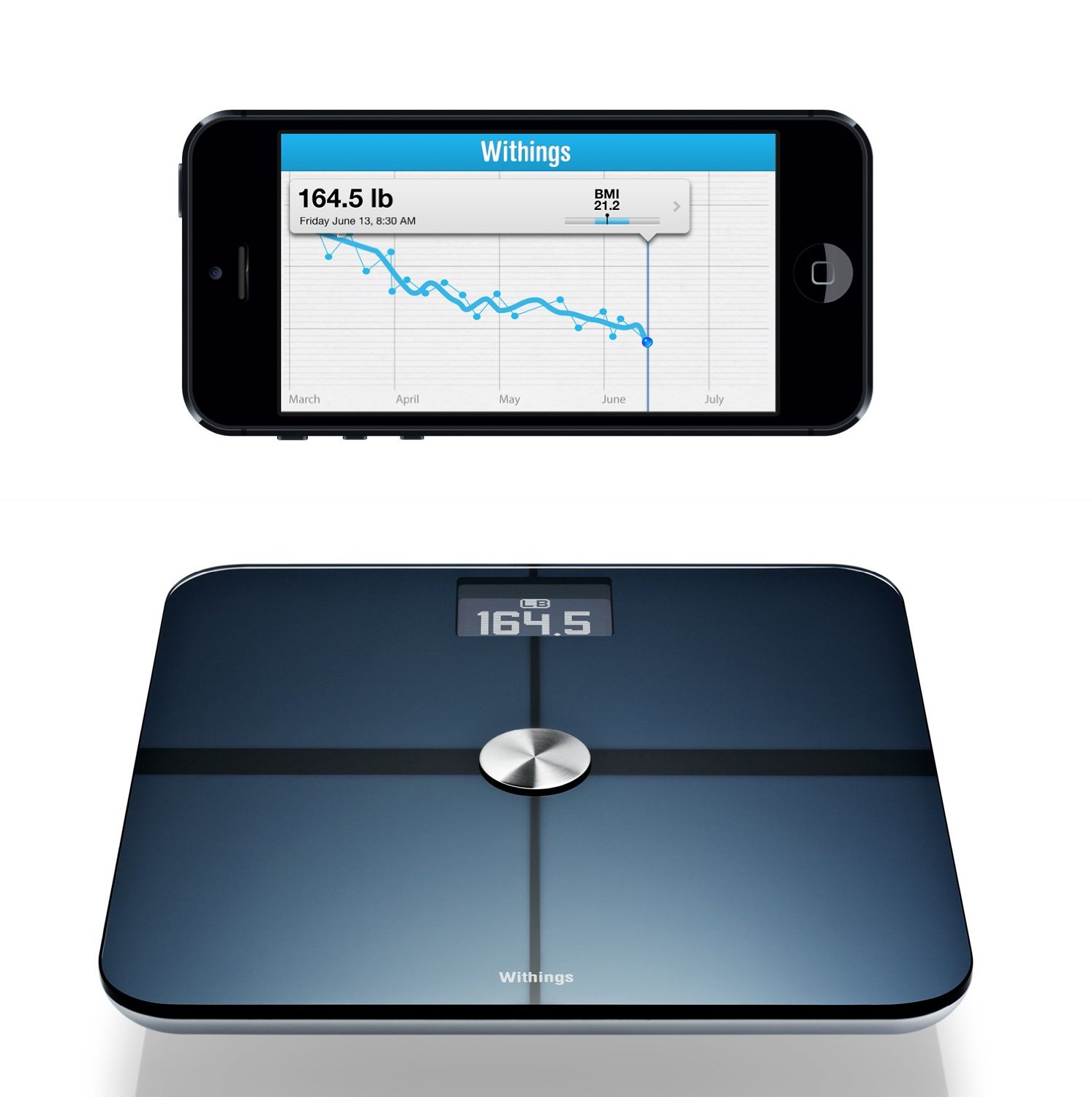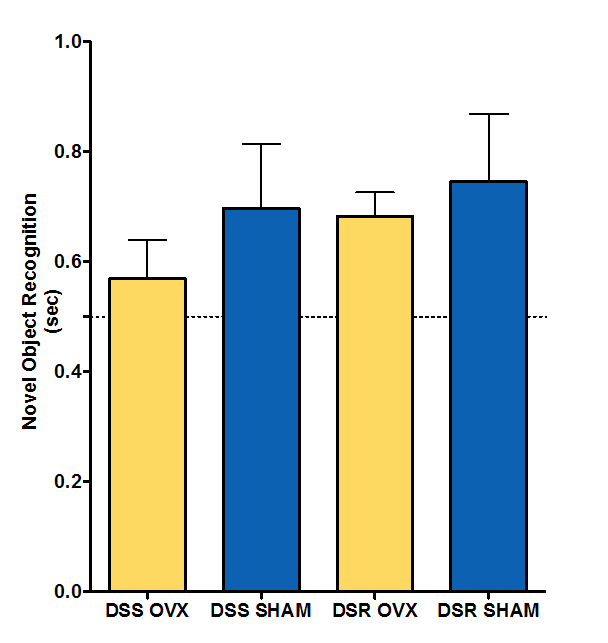
Stephen Wright, PhD
Biosketch
Postdoctoral Scholar
Translational Biomedical Science Training Program
Georgetown-Howard Universities Center for Clinical and Translational Science
RESEARCH
Effect of continuous ecological assessment of
physical activity on body weight and blood pressure in
an African American population.
Sedentary behavior is associated with an increased risk of incident hypertension and associated cariometabolic disease while exercise is associated with cardioprotection. Unfortunately, sedentary behavior is increasing dramatically and contributes to health disparities. We are studying the accuracy, and acceptability to participants, of routine use of the commercial wearable devices for measurement of physical activity, body weight and blood pressure to conductecological assessments of these parameters in a population at high risk for incident hypertension and associated cardiometabolic disease. We are also determining if there is a threshold of physical activity associated with a lack of increase in blood pressure in pre-hypertensive participants over twelve months in order to aid in the future design of an adequately powered trial to test this hypothesis and we are testing the hypothesis that changes in primary outcomes (i.e., blood pressure, physical activity, body weight and Withings Activité compliance) will be greater in participants categorized as having high (versus low) exercise motivation.
Sedentary behavior is associated with an increased risk of incident hypertension and associated cariometabolic disease while exercise is associated with cardioprotection. Unfortunately, sedentary behavior is increasing dramatically and contributes to health disparities. We are studying the accuracy, and acceptability to participants, of routine use of the commercial wearable devices for measurement of physical activity, body weight and blood pressure to conductecological assessments of these parameters in a population at high risk for incident hypertension and associated cardiometabolic disease. We are also determining if there is a threshold of physical activity associated with a lack of increase in blood pressure in pre-hypertensive participants over twelve months in order to aid in the future design of an adequately powered trial to test this hypothesis and we are testing the hypothesis that changes in primary outcomes (i.e., blood pressure, physical activity, body weight and Withings Activité compliance) will be greater in participants categorized as having high (versus low) exercise motivation.



Effect of sudden ovarian hormone loss prior to menopause on cognition
Women who elect to undergo bilateral salpingo-oophorectomy prior to menopause are at increased risk of developing cognitive impairment and dementia than age-matched women. Furthermore, the risk increases the younger the age at oophorectomy. Animal models of ovariectomy show parallel findings of cognitive impairment. Ovarian hormone loss is also associated with a higher incidence of hypertension. Women with premature ovarian failure and postmenopausal women have higher blood pressure than age-matched premenopausal women. Numerous animal models of ovarian hormone loss similarly show that ovarian hormones protect against the development of hypertension. Thus, the cognitive decline induced by ovarian hormone loss prior to menopause could be due to the increased blood pressure in this population since hypertension is a risk factor for cognitive impairment and Alzheimer's disease regardless of demographics and psychosocial factors. To distinguish between the blood pressure-dependent and-independent effects of elective oophorectomy prior to menopause on cognition, we are investigating the Dahl salt sensitive rat which we previously reported is a model of ovariectomy-augmented hypertension and we include the Dahl salt resistant rat, which remains normotensive 8 months after ovariectomy. The renin angiotensin system modulates learning and memory through blood pressure-dependent and -independent effects and also contributes to the cardiovascular and neuronal protective effects of aerobic exercise. Thus, we are focusing on the role of the angiotensin type 1 receptor (AT 1 R) in neuronal mechanisms of cognitive impairment induced by ovariectomy in this study.
Women who elect to undergo bilateral salpingo-oophorectomy prior to menopause are at increased risk of developing cognitive impairment and dementia than age-matched women. Furthermore, the risk increases the younger the age at oophorectomy. Animal models of ovariectomy show parallel findings of cognitive impairment. Ovarian hormone loss is also associated with a higher incidence of hypertension. Women with premature ovarian failure and postmenopausal women have higher blood pressure than age-matched premenopausal women. Numerous animal models of ovarian hormone loss similarly show that ovarian hormones protect against the development of hypertension. Thus, the cognitive decline induced by ovarian hormone loss prior to menopause could be due to the increased blood pressure in this population since hypertension is a risk factor for cognitive impairment and Alzheimer's disease regardless of demographics and psychosocial factors. To distinguish between the blood pressure-dependent and-independent effects of elective oophorectomy prior to menopause on cognition, we are investigating the Dahl salt sensitive rat which we previously reported is a model of ovariectomy-augmented hypertension and we include the Dahl salt resistant rat, which remains normotensive 8 months after ovariectomy. The renin angiotensin system modulates learning and memory through blood pressure-dependent and -independent effects and also contributes to the cardiovascular and neuronal protective effects of aerobic exercise. Thus, we are focusing on the role of the angiotensin type 1 receptor (AT 1 R) in neuronal mechanisms of cognitive impairment induced by ovariectomy in this study.

Ovariectomy reduces memory in the novel object recognition test. Rats were ovariectomized (Ovx) or sham-operated at 3 mo of age and tested at 8 mo of age for novel object recognition. n=8/group; *p<0.05 vs Sham.
